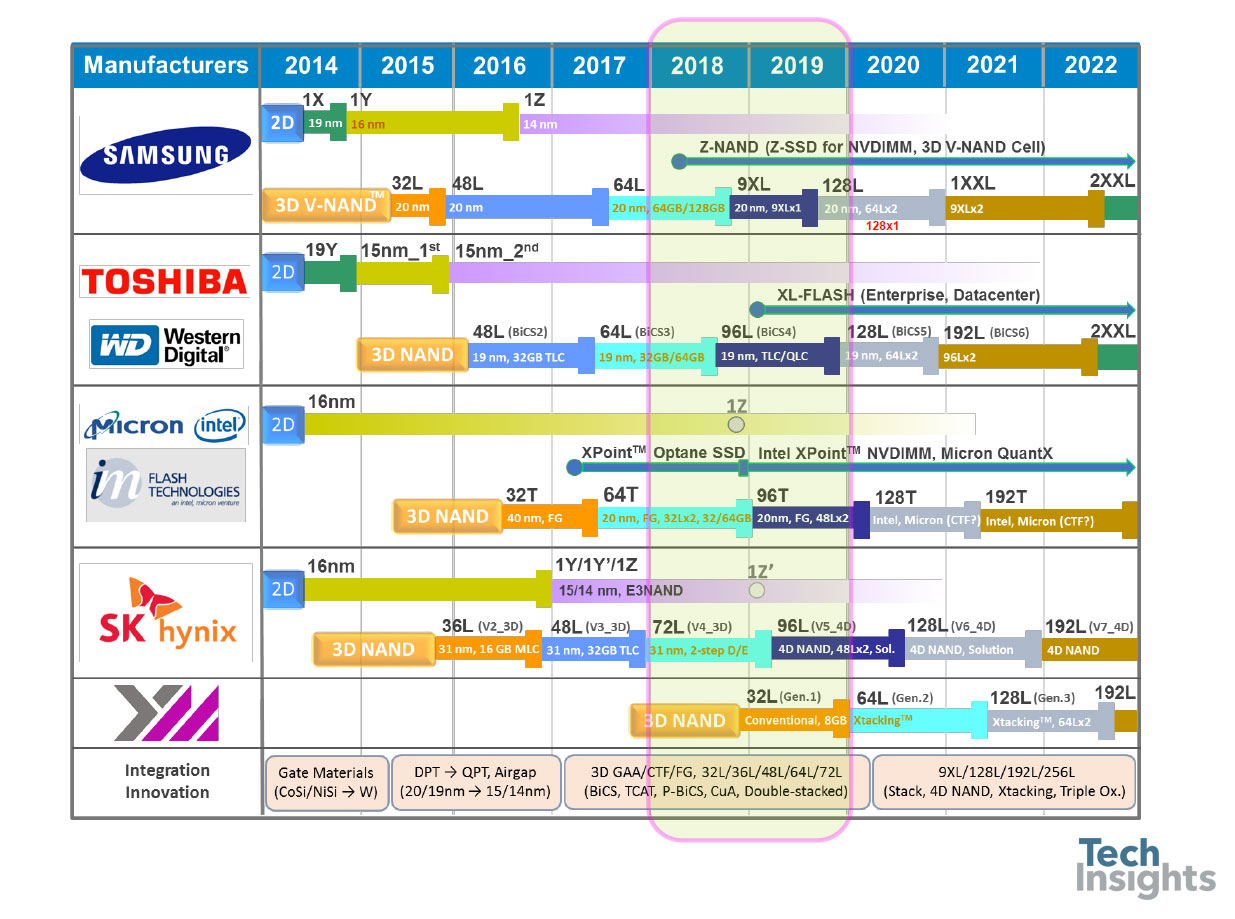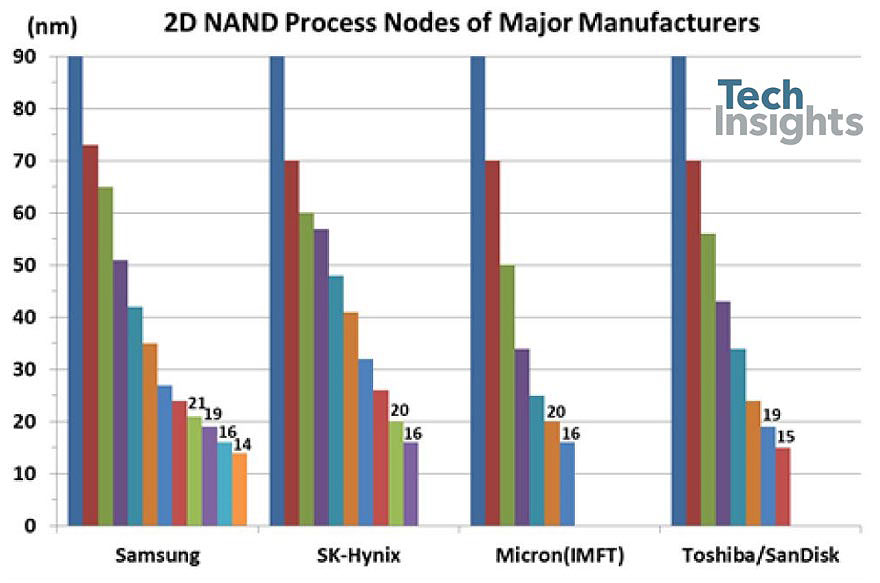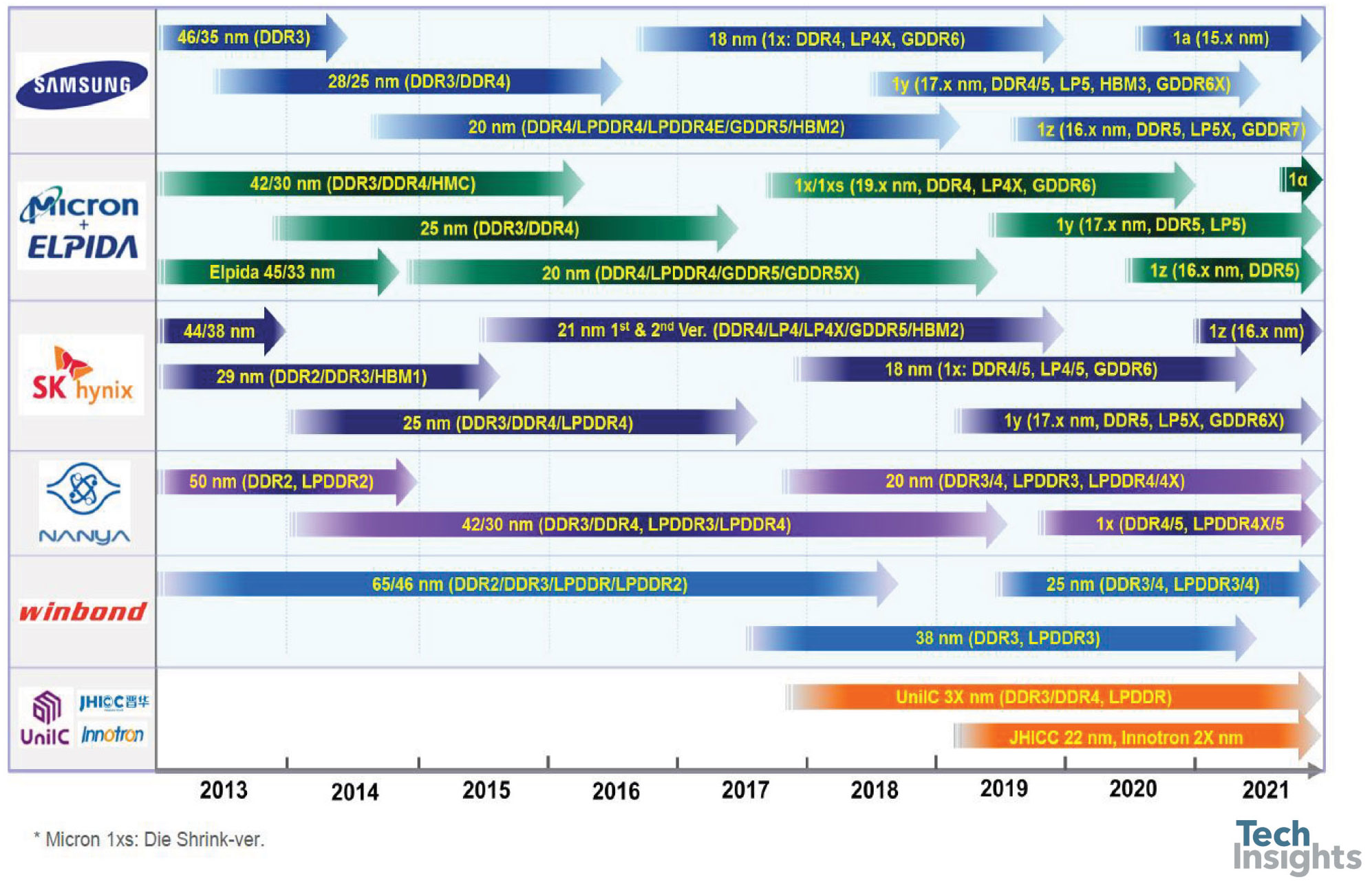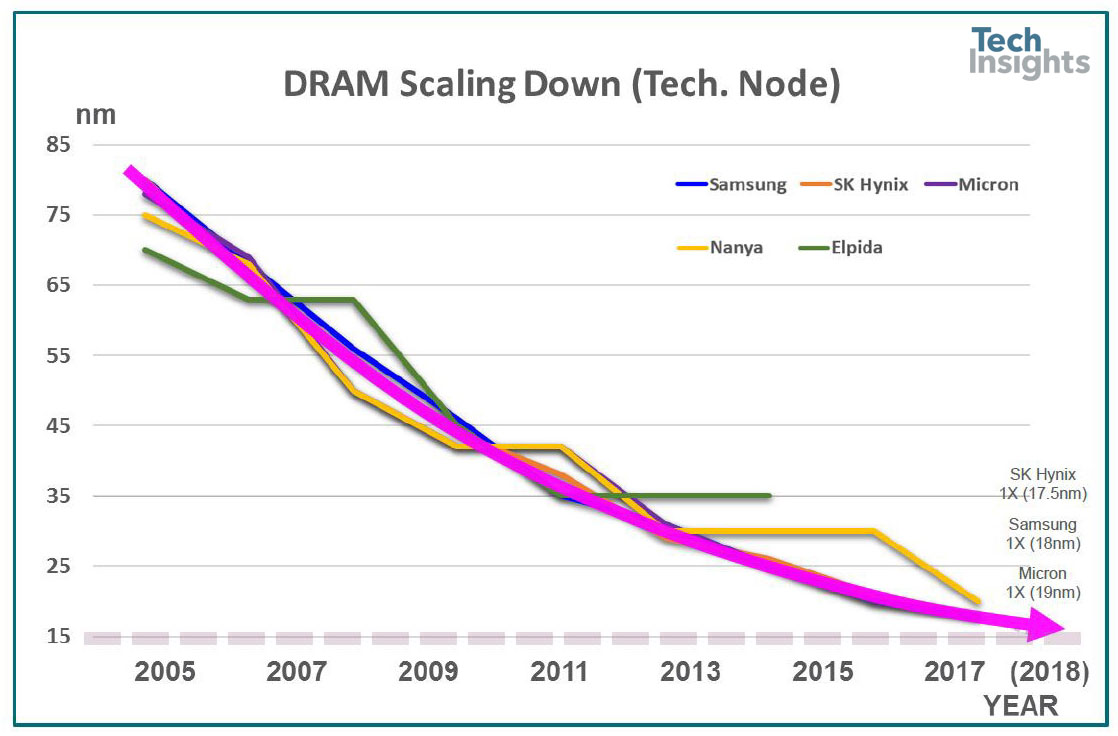anexanhume
Veteran
6nm will start risk production in 1Q20, so too late for this round
I didn’t mean to suggest it as an option for launch. Obviously they wouldn’t be in a position to leverage it if they didn’t already have 7nm designs taping out
Seems a smart move on TSMC’s part given 7nm is going to be a long node for them. Perhaps a tacit acknowledgement that making 7nm+ incompatible was a bad move.
I don't believe we will have an APU this time around. I believe in XBOX360 / Intel Kaby Lake G type solution. Can't see a >10 TFlops GPU sharing the same die with an 8 core Zen class CPU.
I think a GPU + mem controller die along with a Zen 2 chiplet over IF is possible, but that will increase packaging costs. Could be worth it if the die cost goes way down though. And give them the ability to shrink them independently.
Last edited:




